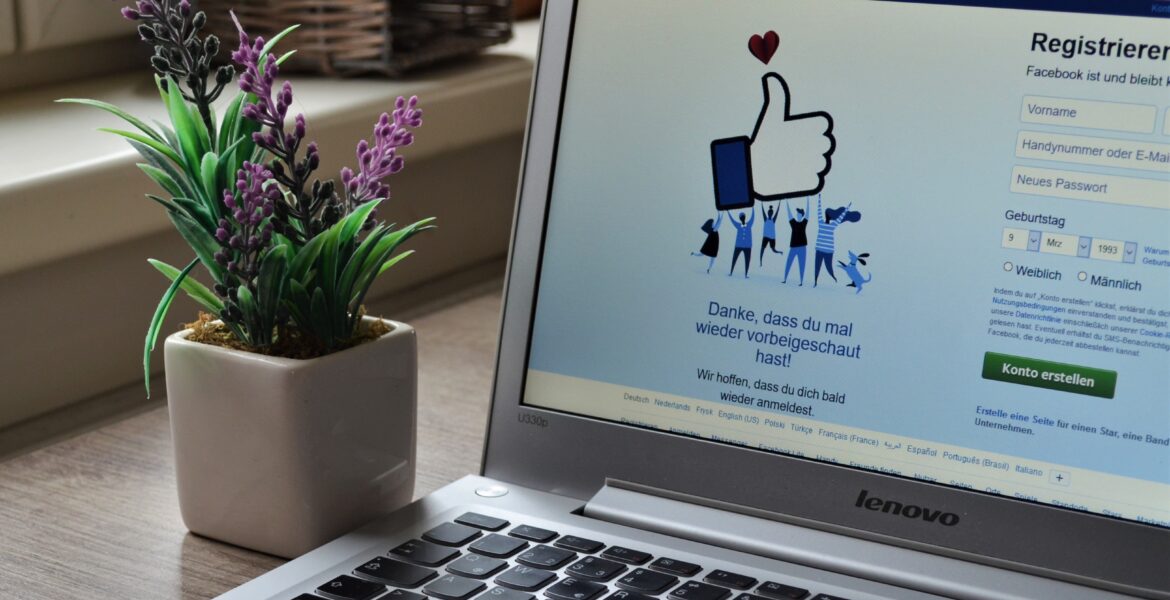After discussing various aspects of the Internet, DOUGLAS RASBASH* underscores “very strongly” the need for improving Botswana’s basic education curricula to include helping young people to understand the good, the bad and the ugly of this unprecedented integration of capabilities.
The Internet has revolutionised the computer and communications around the world like nothing before. The invention of the telegraph, the telephone, radio, and the computer set the stage for this unprecedented integration of capabilities.
The Internet is at once a worldwide broadcasting capability, a mechanism for information dissemination, and a medium for collaboration and interaction between individuals and their computers without regard for geographic location. The Internet represents one of the most successful examples of the benefits of sustained investment and commitment to research and development of information infrastructure.
Internet usage has risen from 1% in of the global population in 1990 to 63% in 2022, spending almost $1 trillion or 3.4% of global GDP of $103.86 trillion. Even more noteworthy is that it is estimated that 70% of global economic activity uses the Internet.
4.5 billion Internet users worldwide
Its 4.5 billion users benefit from visual and audio communications such as Gmail and Outlook, Instagram, Messenger and WhatsApp; social media such as Facebook, Twitter, Reddit and Snapchat; online shopping such as Amazon, Ocado, Alibaba, Jumia and eBay; remote working and collaboration such as Teams, Zoom, Skype, One-Drive and Confluence; banking, accounting and eCommerce online using Wave and inDenero, QuickBooks, Evernote, LinkedIn and Xero; mapping and navigation such as Google Map, Waze, Apple Maps and Road Trippers; education and eLearning edX, Google Classroom and Khan Academy.
With eGovernment, encyclopaedias of information such as Wikipedia, entertainment using YouTube, Netflix, Kindle and Spotify and even relationships using ‘HEATEDAffairs,’ Bumble, Tinder and Coffee meets Beigel, with over 60% either started online or at least sustained by it.
These can all be said to be the good aspects about the Internet of Things. It is impossible to think of a world without the Internet and the many benefits that it brings. It is no coincidence that the Visions of many Nations are to be knowledge and information-based.
Botswana a lowly 165th for speed in the world
Bad things about the Internet are its poor performance and even absence from many parts of the world. Internet penetration globally leaves 37% out of the World Wide Web, which is similar in Botswana. The price of data, which has become the gold currency of the contemporary world, is $3.12 per GB, In Botswana it is $15.55 per GB, five times higher than the global average, which significantly impedes development. The global broadband data upload download speeds are 113 Mbs while in Botswana it is 5.34 Mb/Sec and 7.36 Mb/Sec, dismally ranking Botswana 165th in the world. Imagine that the highest Internet speed so far was 319 terabits per second in Japan, almost 500,000 times faster than Botswana. Because one of the key criteria for FDI decisions it the adequacy of the Internet, poor Internet is denying youth the jobs and life opportunities they deserve.
The ugly side of the Internet is the misinformation that has grown like cancer. So pervasive has online fake news become that the United Nations has dubbed it an infodemic because fake information has severely undermined the COVID vaccination programme. The rise and rise of conspiracy theories such as that 5G causes COVID, vaccinations include nano-chips and the West wants to kill-off Africans, just won’t go away. To help combat the spread of harmful disinformation, the UN’s Verified campaign has teamed up with wikiHow, an online community of experts creating trusted how-to guides, to create a free online course. Democratic and governance processes have been undermined to such an extent that many countries have banned or limited the Internet and especially social media. This includes restrictions or bans for torrenting, pornography, social media, and VPNs, and restrictions or heavy censorship of political media.
While countries such as Egypt, Saudi Arabia, Uganda and Rwanda clamp down on the Internet during elections, Botswana, Mauritius, South Africa and Ghana do not. A pattern is observable here, which is that the most democratic countries in Africa are also the most liberal Internet regulators. The price of authoritarianism as in China and Russia is most certainly the loss of Internet as well as other freedoms.
No overt censorship
The conclusion has to be that the good of the Internet far outweighs the ugly and that the bad will be fixed. Also we must really appreciate living in a relatively liberal country without overt censorship. However, it is very strongly recommended that basic education curricula is updated to help young people to understand the good, the bad and the ugly of the Internet.

